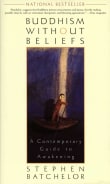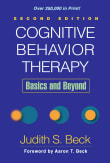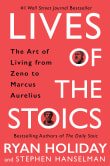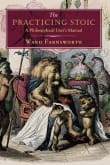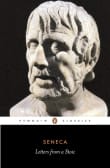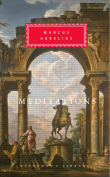The Philosophy of Cognitive-Behavioural Therapy (CBT)
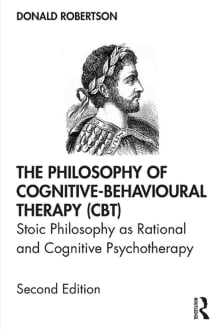
Book description
This exciting new edition of The Philosophy of Cognitive-Behavioural Therapy (CBT) demonstrates how techniques and concepts from Socratic philosophy, especially Stoicism, can be integrated into the practise of CBT and other forms of psychotherapy. What can we learn about psychological therapy from ancient philosophers? Psychotherapy and philosophy were not always…
- Coming soon!
Why read it?
1 author picked The Philosophy of Cognitive-Behavioural Therapy (CBT) as one of their favorite books. Why do they recommend it?

I was really intrigued to learn that Albert Ellis, who created Cognitive Behavioral Therapy (CBT), actually cited Stoics like Epictetus and Marcus Aurelius as some of his main inspirations.
To my mind, Donald Robertson’s book masterfully traces the links between Stoicism and CBT, showing us how Epictetus’ key insight (that it is not events that harm us but our opinion about those events) actually underpins the entire nature of modern-day therapy.
I enjoyed Robertson’s exploration of all the shared assumptions and similarities between CBT and Stoicism, but I also appreciated his clear delineation of the differences. After all, Stoicism is…
From Patrick's list on modern-day adaptations of Buddhism and Stoicism.
Want books like The Philosophy of Cognitive-Behavioural Therapy (CBT)?
Our community of 12,000+ authors has personally recommended 100 books like The Philosophy of Cognitive-Behavioural Therapy (CBT).
Browse books like The Philosophy of Cognitive-Behavioural Therapy (CBT)

